-
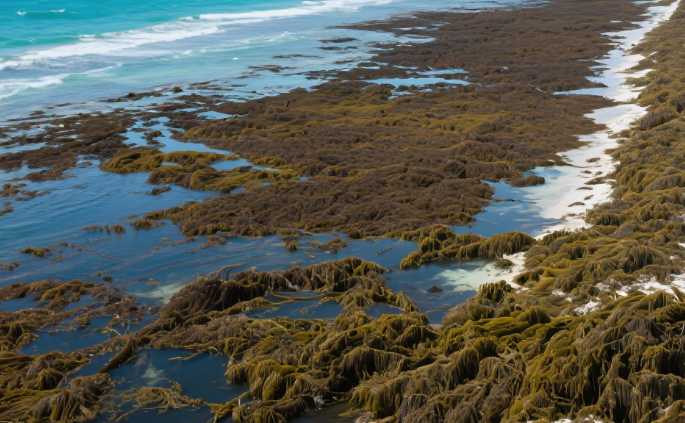
Sargassum Algae Invasion Devastates Mexico’s Caribbean Coast
Mexico’s Yucatán Peninsula coastline has suffered an unprecedented invasion of Sargassum algae, with 4,236 tons of seaweed cleared from just seven ports in Quintana Roo state. This massive accumulation of floating brown algae not only releases toxic gases like hydrogen sulfide but also causes a 73% drop in seawater oxygen levels and a 5°C temperature…
-
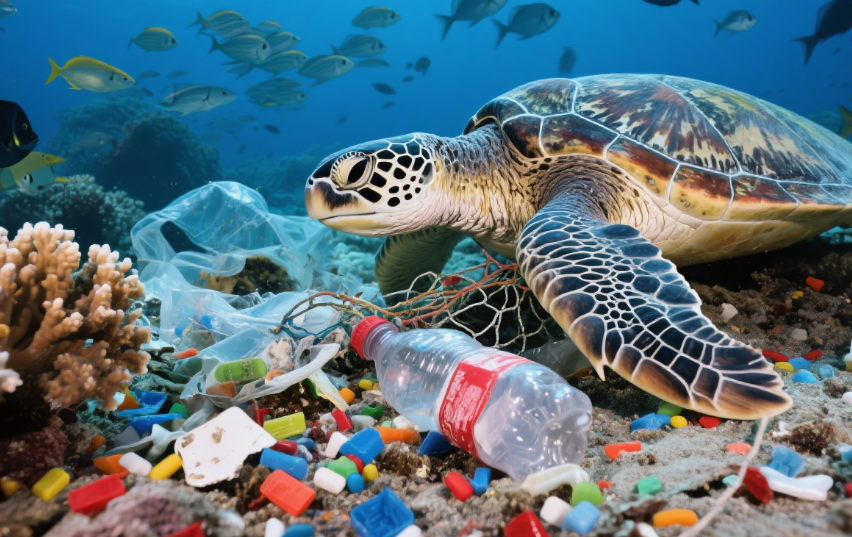
UN Plastic Treaty Negotiations Collapse
In August 2025, the two-year global negotiations for a plastic treaty concluded in failure in Geneva. The core dispute centered on regulating the entire plastic lifecycle: the EU and small island nations advocated restricting virgin plastic production, while the US and oil-exporting nations insisted on a voluntary governance model. The breakdown means that 18% of…
-
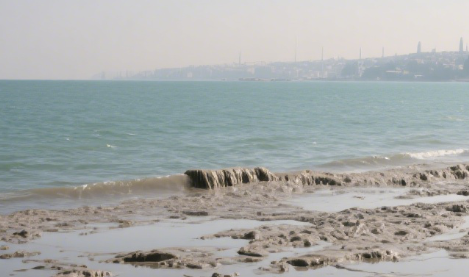
Sea Snot Crisis in the Marmara Sea Continues to Worsen
Large patches of marine mucus—commonly known as “sea snot”—have recently reappeared along the coastline of Beykoz, Istanbul, Turkey. Experts warn this is a precursor to the collapse of the Marmara Sea ecosystem. The slime is caused by untreated sewage and industrial wastewater discharges, leading to reduced oxygen levels in seawater and crippling fisheries. Fishermen have…
-
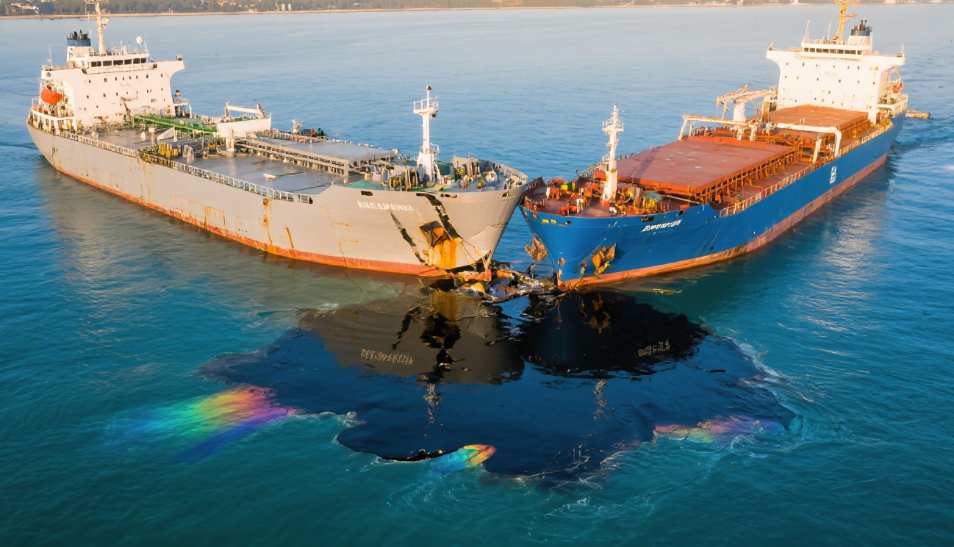
Collision Between Singapore-Registered Tanker and Bulk Carrier Causes Fuel Leak
On the morning of September 1 local time, the Singapore-registered fuel tanker Marine Dynamo collided with the very large bulk carrier Flag Gangos approximately 8 kilometers south of Tanah Merah, resulting in a leak of marine gas oil (MGO). The Maritime and Port Authority has initiated an emergency response, dispatching patrol vessels and drones to…
-
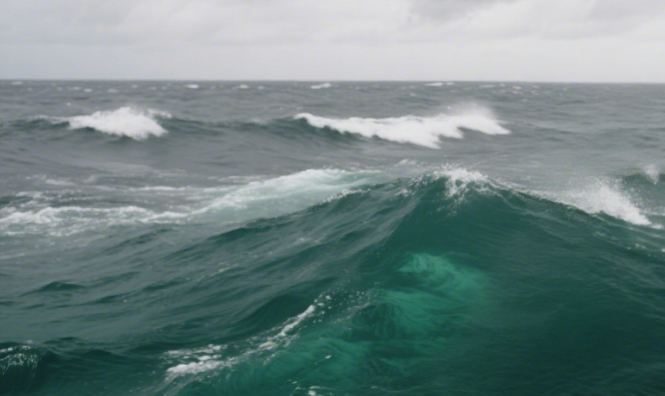
Arctic mercury pollution threatens the food chain
Methylmercury concentrations in Arctic cod from Greenland waters reached 0.8 μg/g, causing a 40% decline in the immune system function of beluga whales that feed on them, and a 12% increase in the rate of neurological developmental abnormalities in calves. Isotope analysis indicates that the primary source of contamination stems from historical industrial emissions transported…
-
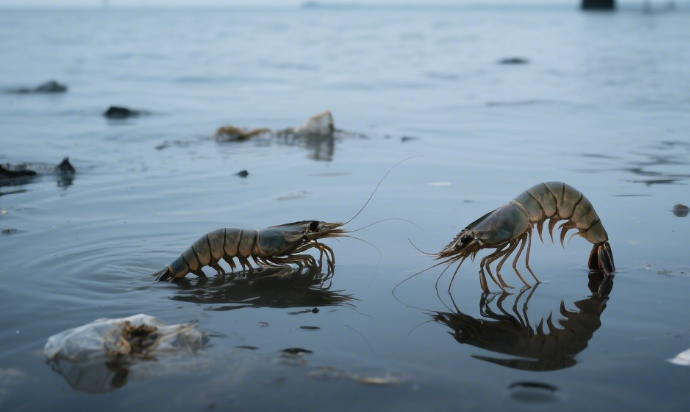
U.S. Walmart Removes Radioactive Shrimp from Shelves
On August 23, the U.S. Food and Drug Administration (FDA) reported that breaded shrimp produced by Indonesian company BMS Food were found to contain cesium-137 levels of 68 becquerels per kilogram, though this did not exceed the intervention standard of 1,200 becquerels per kilogram. As a result, the products were urgently removed from shelves in…
-
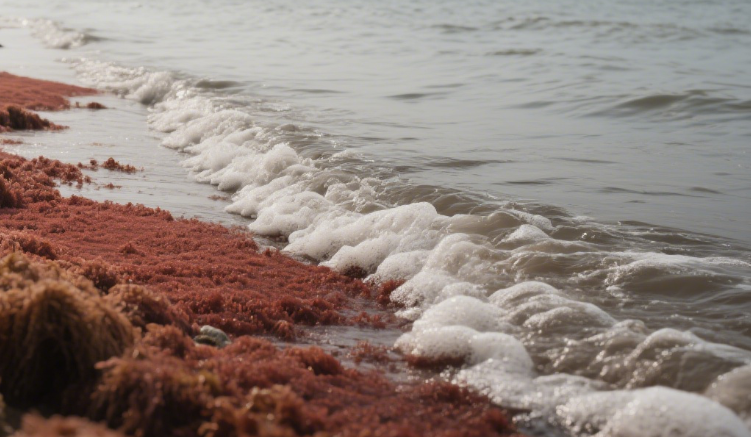
South Australia Algal Bloom Ecological Disaster
A severe algal bloom has erupted in coastal waters off South Australia, turning the waters of St. Vincent Bay reddish-brown and causing mass deaths of fish and shellfish, which have been washed ashore. The government has issued an ecological alert, advising the public to avoid contact with discolored seawater, and fishermen have suspended operations. This…
-
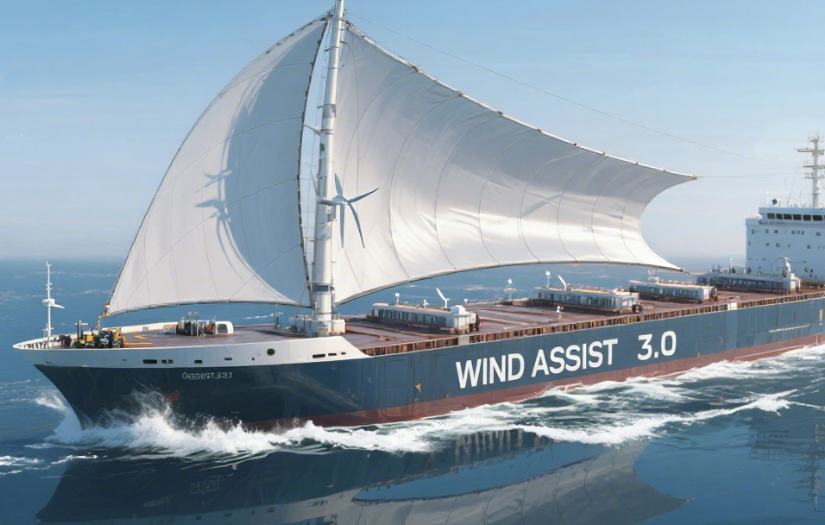
U.S. Threatens Sanctions Against Countries Supporting Shipping Emissions Reductions
The Trump administration rejected the International Maritime Organization’s “net-zero emissions framework” proposal on August 13 and threatened retaliatory measures, including tariffs, against countries that support it. The United States believes the proposal would increase shipping costs and harm the energy and transportation industries.
-
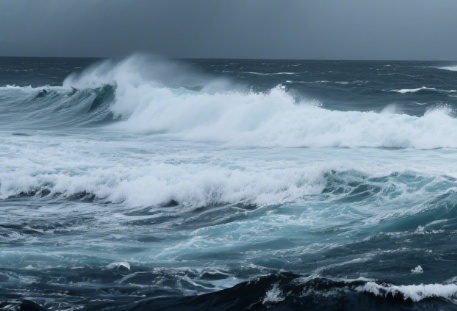
Fukushima nuclear contaminated water discharge one year anniversary of the escalating controversy
On August 11, Japan’s Fukushima nuclear contaminated water discharge operation turned one year old, with a cumulative discharge of more than 50,000 tons of treated water, and a planned discharge of 54,600 tons in seven separate discharges in fiscal year 2025, according to independent monitoring by the Pacific Islands Forum (PIF). According to independent monitoring…
-
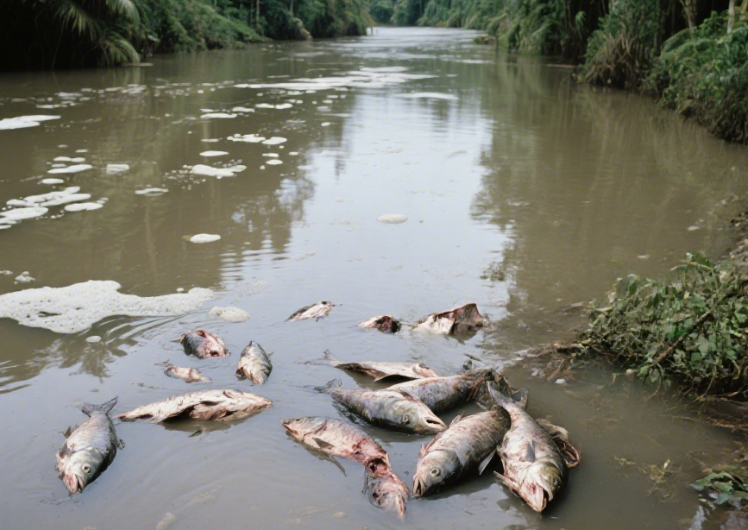
Illegal fishing and chemical pollution
Fishing in the Ecuadorian Amazon with agrochemicals (such as rotenone) and dynamite has led to water pollution and biodiversity destruction.2025 An August 6, 2025 report noted that fish in the Ecuadorian Amazon are experiencing sex-ratio imbalances and genetic mutations as a result of long-term exposure to pesticides and heavy metals.2026 The Ecuadorian Amazon is also…